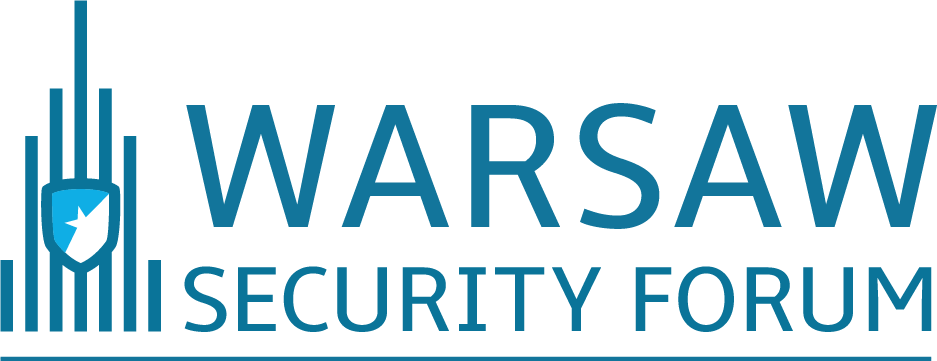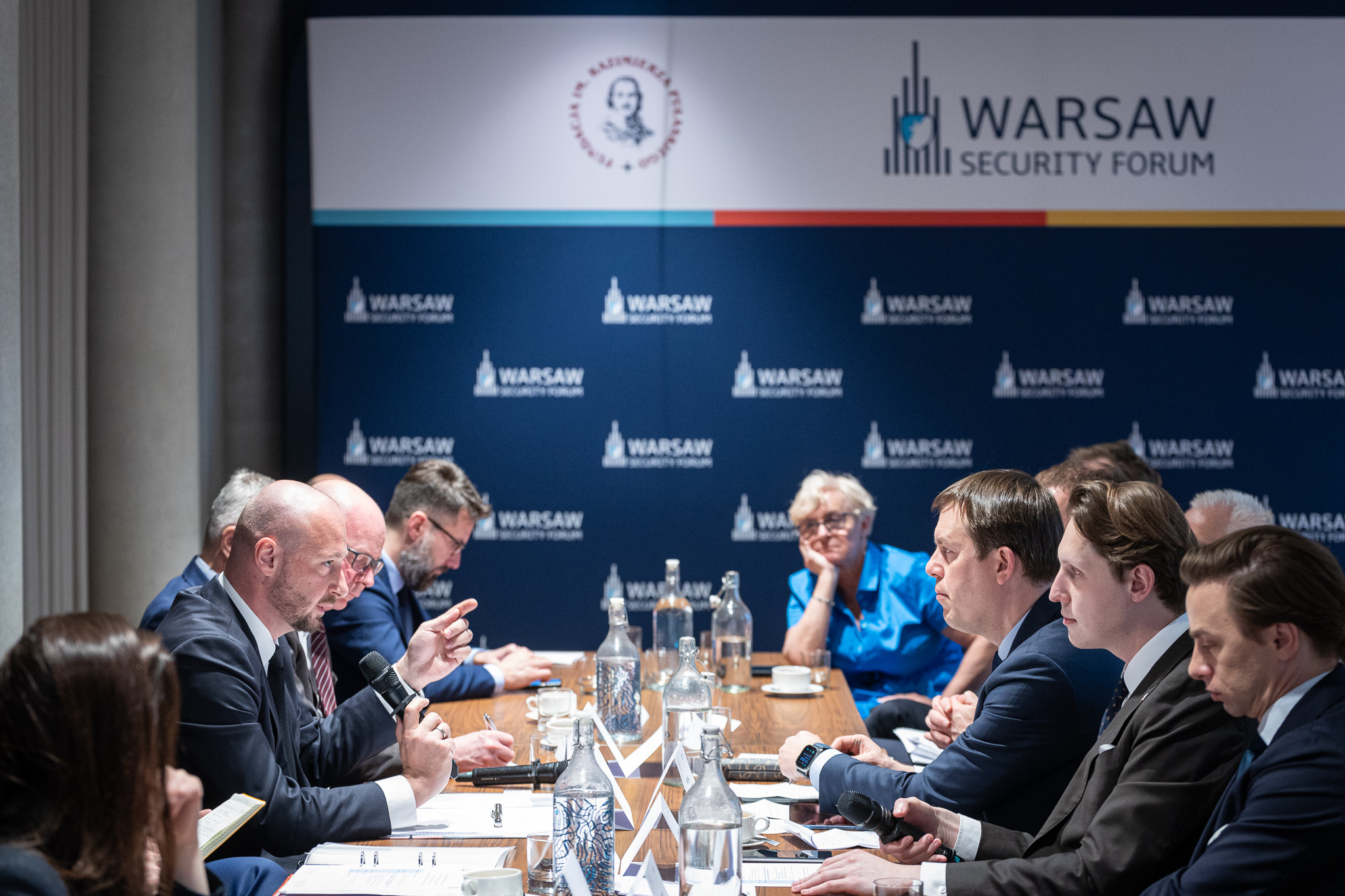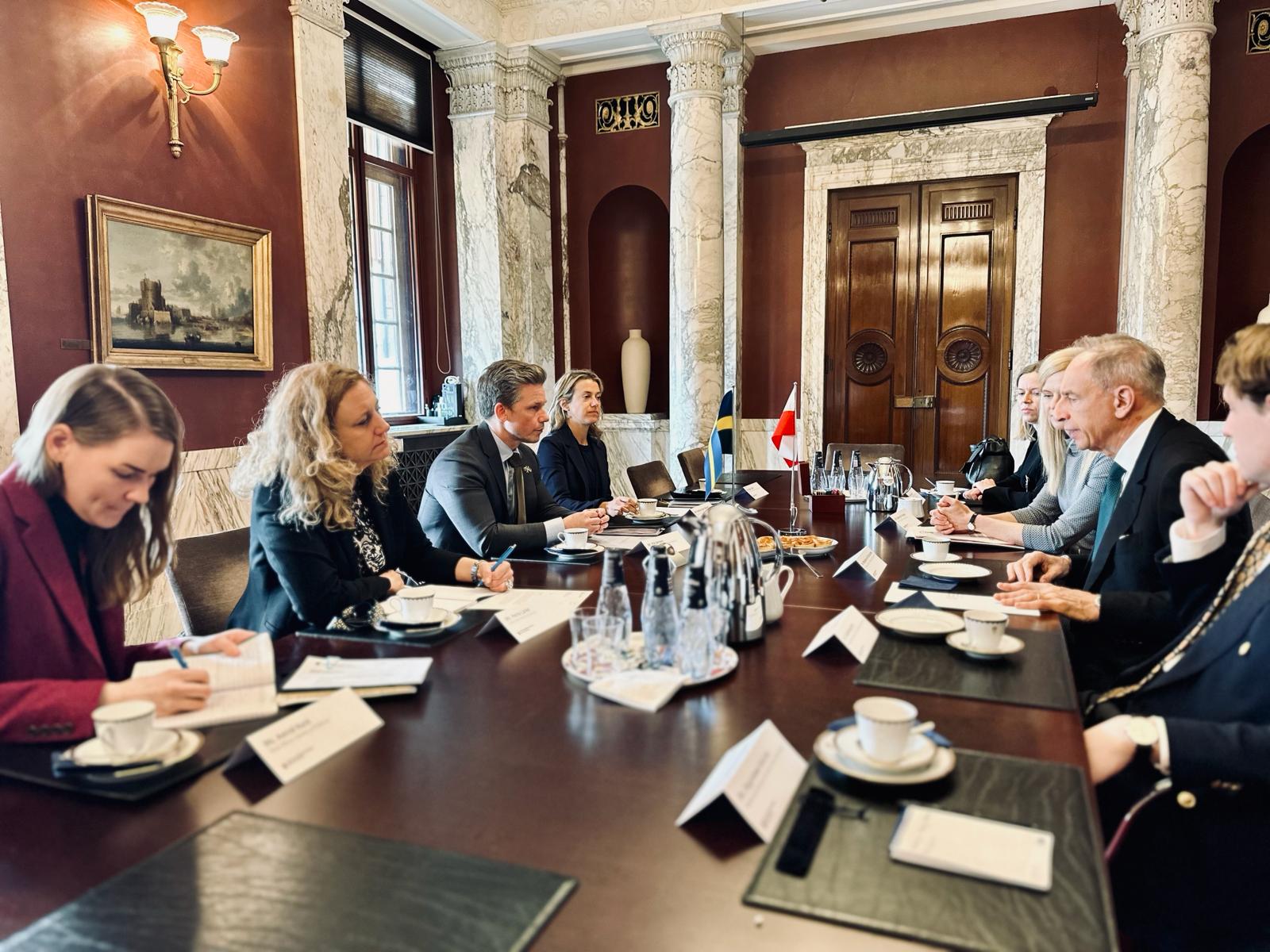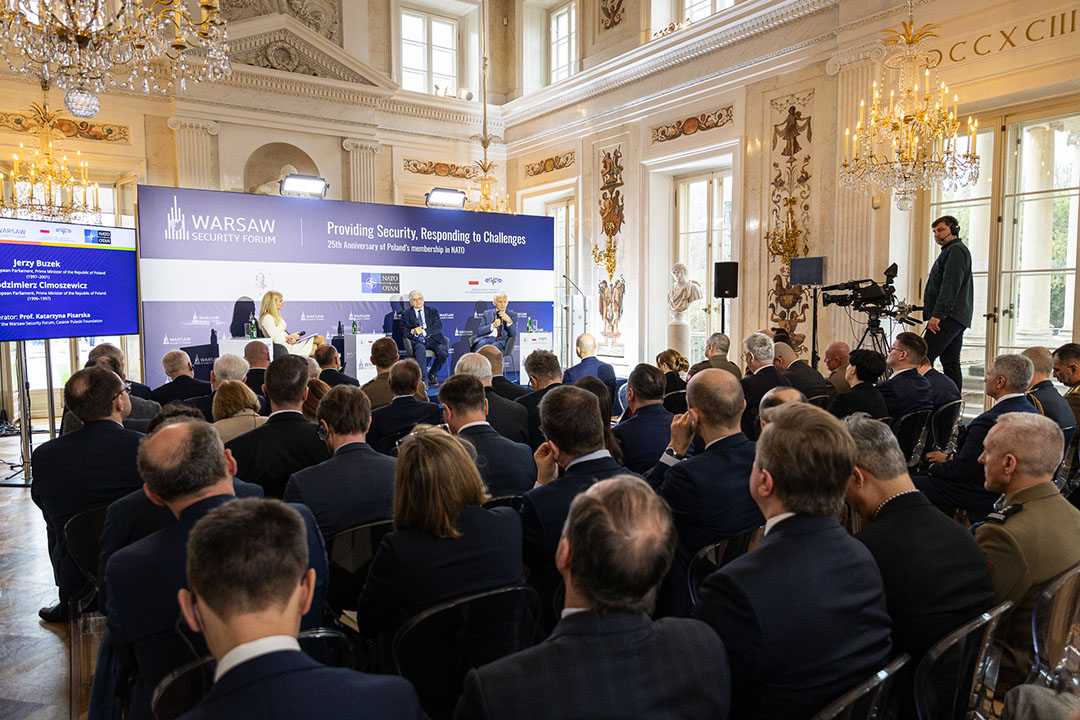WSF2015 Speaker: Borys Tarasyuk former Minister of Foreign Affairs of Ukraine
The Organizing Committee of the WSF is proud to announce that Borys Tarasyuk former Minister of Foreign Affairs of Ukraine will be a speaker at the Warsaw Security Forum 2015.
Mr Borys Tarasyuk is a Ukrainian politician, who has twice served as the Minister for Foreign Affairs of Ukraine. Mr Tarasyuk served as deputy of foreign minister from 9 March 1992 till 16 September 1995. From 1995 – 1998 he was ambassador in Belgium, Luxembourg, Netherlands and Ukraine representative in NATO. He became foreign minister for the first time from 17 April 1998 until 29 September 2000. He later broke with President Leonid Kuchma, and became a foreign relations adviser to Viktor Yushchenko, the main opposition candidate in the 2004 presidential elections. After Ukraine’s Orange Revolution, Tarasyuk became foreign minister again on 4 February 2005, and served in the Cabinets of Yulia Tymoshenko, Yuriy Yekhanurov, and Viktor Yanukovych. Mr Tarasyuk favors Ukrainian integration with the European Union. Borys Tarasyuk is the founder of the Institute for Euro-Atlantic Cooperation (IEAC), a political action committee established to campaign for NATO- and European Union memberships in Ukraine. The group is funded by Western donations and is open about its goals. Mr Tarasyuk studied international relations and international law at National Taras Shevchenko University of Kyiv, graduating in 1975. Besides Ukrainian, he is fluent in English, French and Russian.
SHARE THIS STORY ANYWHERE YOU LIKE
SHARE THIS STORY ANYWHERE
Poland-Sweden Strategic Dialogue
The Head of the National Security Bureau and the Swedish National Security Adviser met in Warsaw: Poland-Sweden Strategic Dialogue Highlights Shared Commitment to Regional Security.
High-level delegation to Stockholm
Last week Warsaw Security Forum organized a high-level delegation to Stockholm, to hold ministerial-level meetings. Their aim was to discuss the security situation in the region and the preparations for this year's edition of the #WSF2024.
25th Anniversary of Poland’s membership in NATO: Conference summary
The Casimir Pulaski Foundation, the organizer of the Warsaw Security Forum, and the Delegation of the Sejm and Senate of the Republic of Poland to the NATO Parliamentary Assembly, in cooperation with NATO, are organizing a celebration of the 25th anniversary of Poland’s accession to the North Atlantic Treaty Organization. The event is scheduled to take place on March 18th, 2024, in Warsaw.



